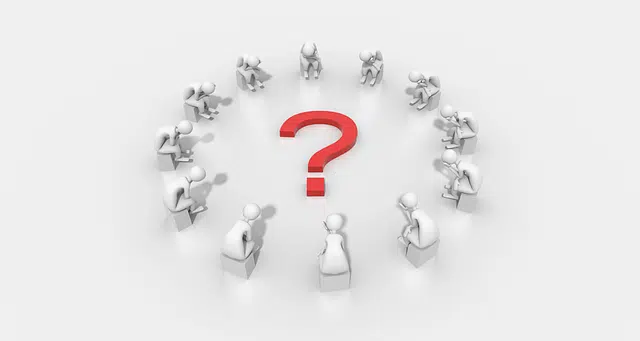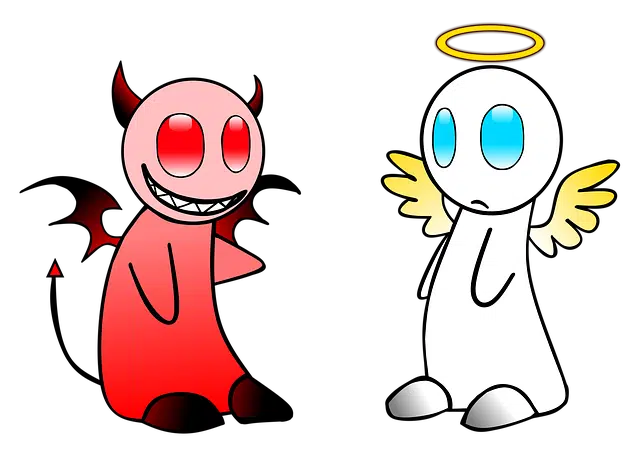
An ethical dilemma presents a scenario where all alternatives entail a moral failure.
The first step we are going to take before knowing the meaning of the term ethical dilemma is to discover the etymological origin of the two words that give it shape:
-Dilemma comes from Greek, exactly emanating from the name “dilemma”, which is formed from the sum of two differentiated parts: the prefix “dis-”, which means “two”, and the noun “lemma”, which is synonymous of “themes”.
-Ethical also emanates from Greek. Specifically, it is the result of the union of “ethos”, which means “custom”, and the suffix “-ikos”, which can be translated as “relative to”.
A situation that forces you to choose between two alternatives is called a dilemma. The ethical , for its part, is that which conforms to moral standards : that is, that which adapts to what is considered good, positive or acceptable.
What is an ethical dilemma
An ethical dilemma , therefore, occurs when a person is forced to choose between alternatives that, in some way, may cause a moral failure .
Generally, these types of dilemmas are linked to the acceptance, or not, of an ethically questionable means with an altruistic or benevolent end .

It is common for an ethical dilemma to arise when a means that is ethically reprehensible appears but that allows achieving a benevolent objective.
Some examples
Suppose a man cannot find a job and therefore has no money to buy food for his children. This person has been trying to get a job for months and asked many people for help, without having an answer. In this context, one morning he notices that a neighbor drops money from his pocket without him realizing it. The man is then presented with an ethical dilemma : should he collect the money and return it to his neighbor, or should he take advantage of this carelessness to appropriate the bills and buy food for his children? The first option would be fair to the rightful owner of the money, but would mean that his own children would continue without food. The second alternative, on the other hand, would allow him to feed his descendants although knowing that the money used belonged to another person.
A priest, for his part, faces an ethical dilemma when, in the context of the sacrament of confession , a faithful reveals to him that he committed a crime . Catholic doctrine indicates that he should keep the secret but, on the other hand, the priest knows that, if he appears before Justice, he could help the guilty receive the punishment he deserves and that the victim's relatives obtain, through said sanction, a reparation.
Types of ethical dilemmas
In addition to everything indicated, we can establish that there are several types of ethical dilemmas, among which the following stand out:
– Real dilemma , which is called that because the situation or event around which it revolves is close, it is real, it is feasible that it could happen. Hence, it can lead to some anguish.
– Hypothetical dilemma , which, unlike the previous one, is posed to one or more people about situations that are very likely to happen in real life.
– Closed dilemma , which is called that because the decision about an event has already been made. In this case, when the dilemma arises it is for a person to give their opinion and evaluate the actions of the person who has had to adopt a position towards them.
– Complete dilemma , which is the one that arises when the person is informed of all the consequences of each of the options that can be taken.
